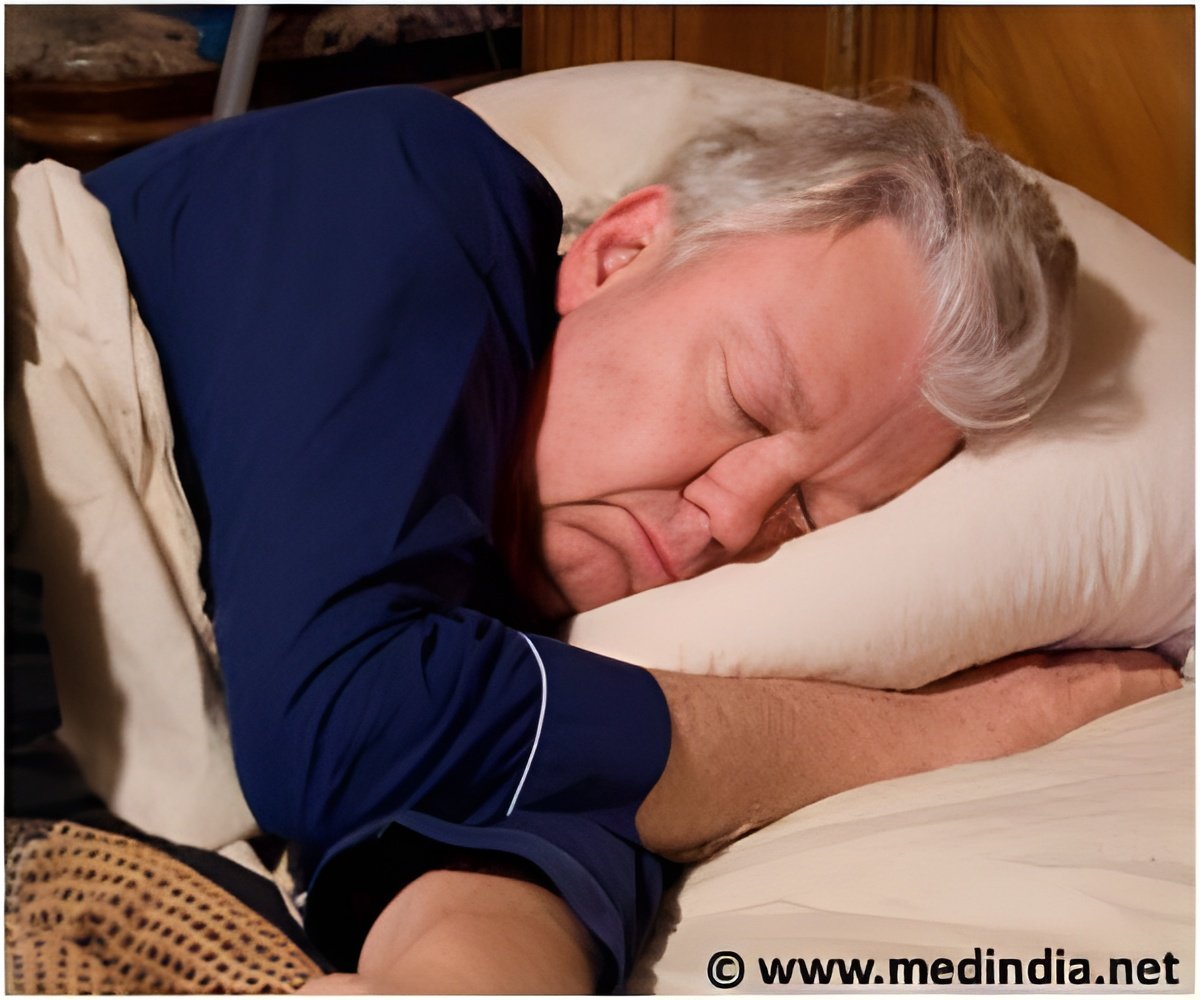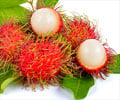A Washington University School of Medicine researcher is currently observing fruit flies in order to identify a human gene that becomes more active after sleep deprivation.

Shaw reverses the process in a new paper, taking what he finds in humans back to the flies and gaining new insight into humans as a result - identification of a human gene that is more active after sleep deprivation.
"I'm calling the approach cross-translational research," Shaw, associate professor of neurobiology said.
"Normally we go from model to human, but there's no reason why we can't take our studies from human to model and back again," he said.
Shaw and his colleagues plan to use the information they are gaining to create a panel of tests for sleep loss.
The tests may one day help assess a person's risk of falling asleep at the wheel of a car or in other dangerous contexts.
Advertisement
Shaw showed that this change is also detectable in saliva samples from sleep-deprived rats and humans.
Advertisement
The scientists took saliva samples from research participants after they had a normal night's sleep and after they stayed awake for 30 hours.
They found two immune genes whose activity levels rose during sleep deprivation.
The researchers identified genes in the fruit fly that were equivalent to the human genes, but their activity didn't increase when flies lost sleep.
When they screened other, similar fruit fly genes, though, the scientists found one that did.
"We've seen this kind of switch happen before as we compared families of fly genes and families of human genes," Shaw said.
"Sometimes the gene performing a particular role will change, but the task will still be handled by a gene in the same family," he said.
When the scientists looked for the human version of the newly identified fly marker for sleep deprivation, they found ITGA5 and realized it hadn't been among the human immune genes they screened at the start of the study.
Testing ITGA5 activity in the saliva samples revealed that its activity levels increased during sleep deprivation.
The findings are published in the journal PLOS One.
Source-ANI















